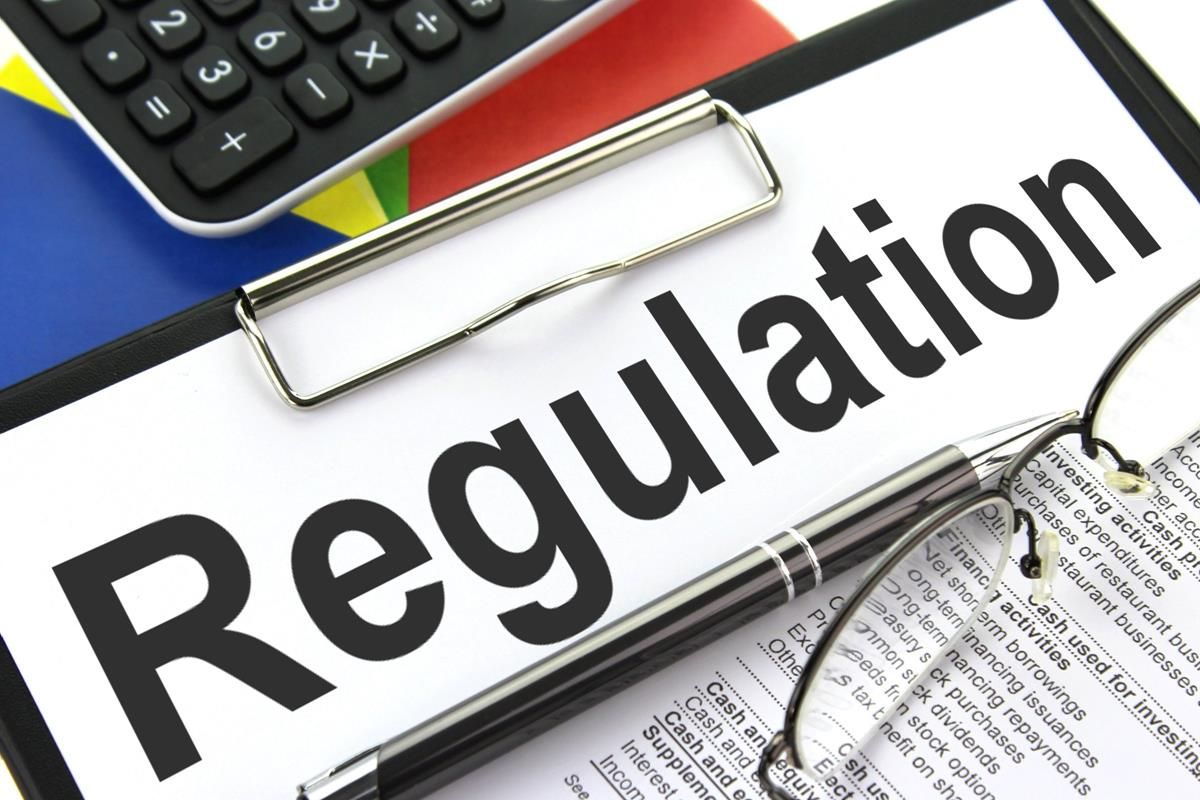Tougher climate laws are being rolled out across the EU this week as legislators agreed on the European Climate Law, part of the European Green Deal, which will see larger commitments to net-zero goals. The establishment of a European Scientific Advisory Board on climate change has also been announced as well as sector-specific roadmaps to carbon neutrality.
The European Commission (EC) unveiled the host of measures yesterday to enable “investors to re-orient investments towards more sustainable technologies and businesses”.
See also: – EU officials put transparency at heart of ambitious Green Deal
The first of the measures is the EU Taxonomy Climate Delegated Act, a tool for investors meant to increase transparency by creating a common language to be used under the Taxonomy Regulation.
Julia Vergauwen, ESG funds lawyer at Linklaters, said: “This is another major milestone for the EU’s sustainable finance package. Major changes have been made to the revised technical screening criteria, most notably, the new draft Delegated Act does not include natural gas and nuclear technology as transitional activities contributing to decarbonisation. This change comes as a response to the heavy lobbying from the Platform on Sustainable Finance, the European Parliament and Member States to the European Commission over the last weeks.”
Corporate Sustainability Reporting Directive
The next is a new Corporate Sustainability Reporting Directive (CSRD), strengthening the rules introduced by the Non-Financial Reporting Directive (NFRD), encouraging more sustainability reporting by simplifying it and bringing it on par with financial reporting.
Dominik Hatiar, regulatory policy adviser at EFAMA, said: “The proposed mandatory, assured and digitalised European sustainability reporting standards will be the primary source of input for asset managers’ disclosures under the Sustainable Finance Disclosure Regulation and the EU taxonomy’s ‘green asset ratios’. In the context of the EU Green Deal and Recovery Plan, we see the proposed CSR Directive as a key enabler for taxonomy-aligned sustainable investments and look forward to the first disclosures becoming available on 1 January 2024.”
The NFRD was limited in scope, and is much improved by the new corporate reporting directive, added EFAMA director general Tanguy van de Werve. “This CSRD proposal is essential in reducing the ESG data gaps faced by asset managers and supporting the development of green investment products. We call on the co-legislators to maintain the high level of ambition of the Commission’s proposal and to ensure its swift adoption. Time is of the essence,” he said.
The new measures also include six amendments to its Delegated Acts, which require advisers to discuss sustainability when assessing their suitability for investments.
Not far enough?
Reaction is largely positive to the European Commission’s new measures. For example, Mary Schapiro, head of the TCFD Secretariat and former chair of the US Securities & Exchange Commission, said: “I welcome the European Commission’s sustainable finance package, which builds on the TCFD recommendations as the foundation for future EU standard-setting and mandatory reporting of climate disclosures.”
However, some commentators think the new deal itself still doesn’t go far enough. Although the EU has raised its net-zero target from 40% to 55% by 2030, Molly Scott Cato, former Green MEP and professor of green economics at the University of Roehampton, said: “The emissions reduction target of 55% by 2030 is far too timid to address the climate emergency the world is facing.
“It risks making the much-vaunted European Green Deal, which aims to make Europe carbon neutral by 2050, look like a hollow sham. It’s disappointing that some European countries are holding back others with far higher levels of ambition.
“There are a couple of silver linings from the agreement in the form of the independent scientific council and a strong carbon budget, however [the] deal is otherwise underwhelming and falls short of the urgent measures Europe and the world needs.”








